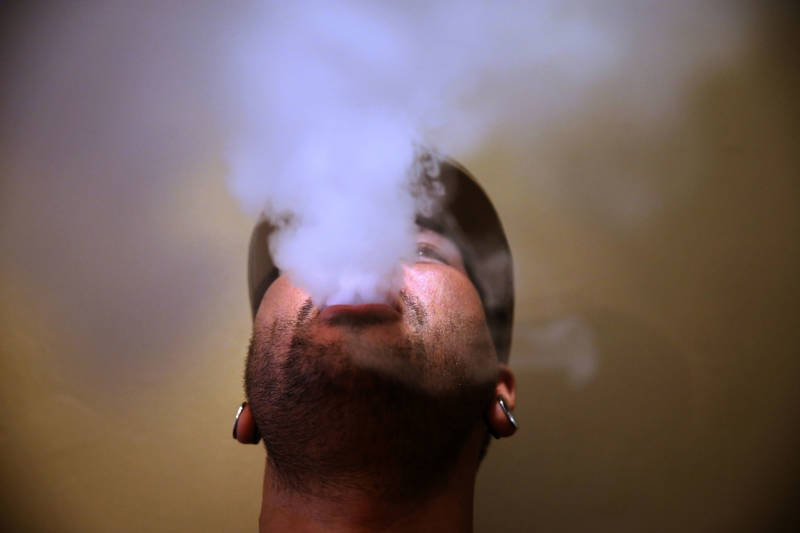San Franciscans on Tuesday voted down Proposition C, a ballot measure backed by e-cigarette maker Juul Labs that would have overturned a ban on the sale and distribution of e-cigarettes in the city.
Voters overwhelmingly rejected the referendum, with the “no” side pulling into a strong position just after polls closed Tuesday night and only strengthening its margin of victory as the evening progressed.
Supervisor Shamann Walton, who co-authored San Francisco’s ban on the sale and distribution of e-cigarettes, celebrated Tuesday night.
“Other municipalities across the country will be able to look to San Francisco and say we beat Juul, we beat Big Tobacco, and we can do it together,” Walton said.
The San Francisco Board of Supervisors, led by Walton, voted unanimously in June to ban the sale and distribution of e-cigarettes in the city until the products are reviewed by the Food and Drug Administration.

